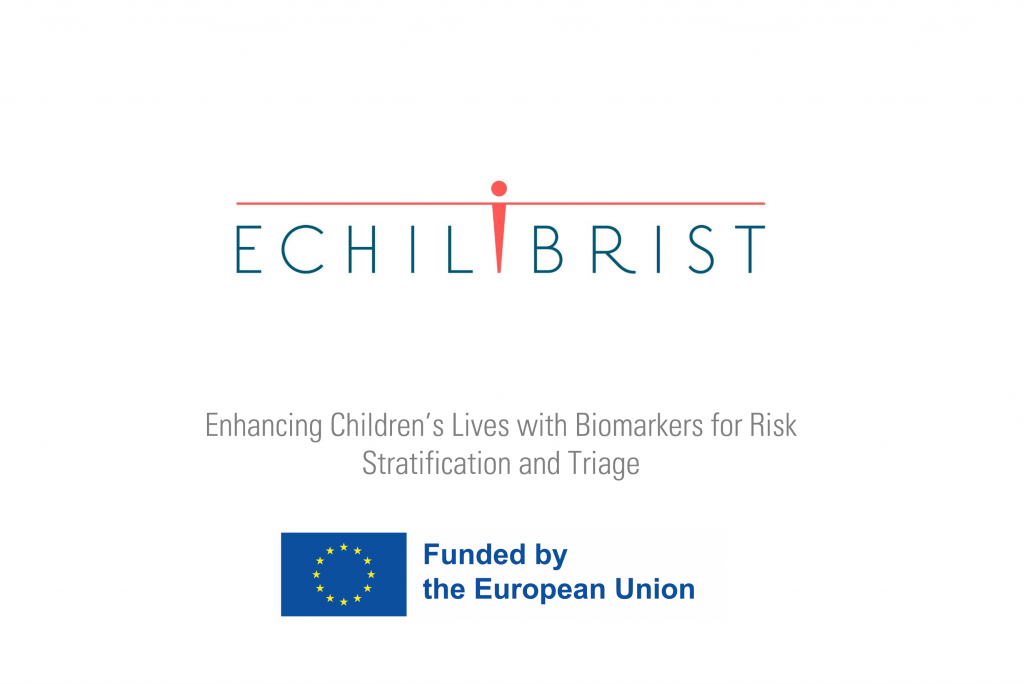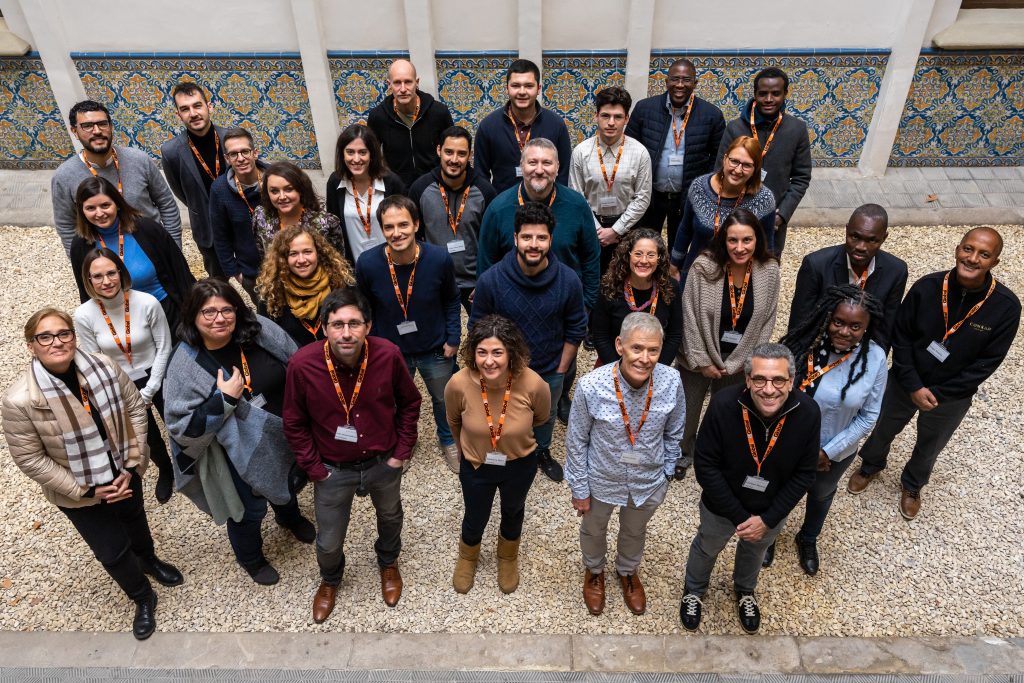All partners of EChiLiBRiST consortium met February 8-10 in Barcelona for the kick-off meeting of the project. The consortium, led by ISGlobal – Institut de Salut Global de Barcelona, is formed by 13 research institutions from Europe, Africa and North America. The main goal of the project is to develop and clinically validate a quantitative point-of-care test for the measurement of severity biomarkers to improve risk stratification of fever syndromes and thus, enhance child survival.
BioEclosion S.L. has a key role in the consortium, as presented by CEO Dr. Jofre Ferrer-Dalmau in the meeting. The development and validation of BioEclosion’s MagnetPlex point-of-care platform (based on the disposable cartridge patented by BioEclosion) is central for the project. The MagnetPlex platform will be used to obtain quantitative and fast measurements of two biomarkers that can predict the severity of febrile patients, enabling the clinicians to take almost immediate clinical decisions.
The test will be developed and produced by BioEclosion, UAB – Universitat Autònoma de Barcelona – Biosensing and Bioanalysis Group, and Eurecat.
For more information, please check the project website.








